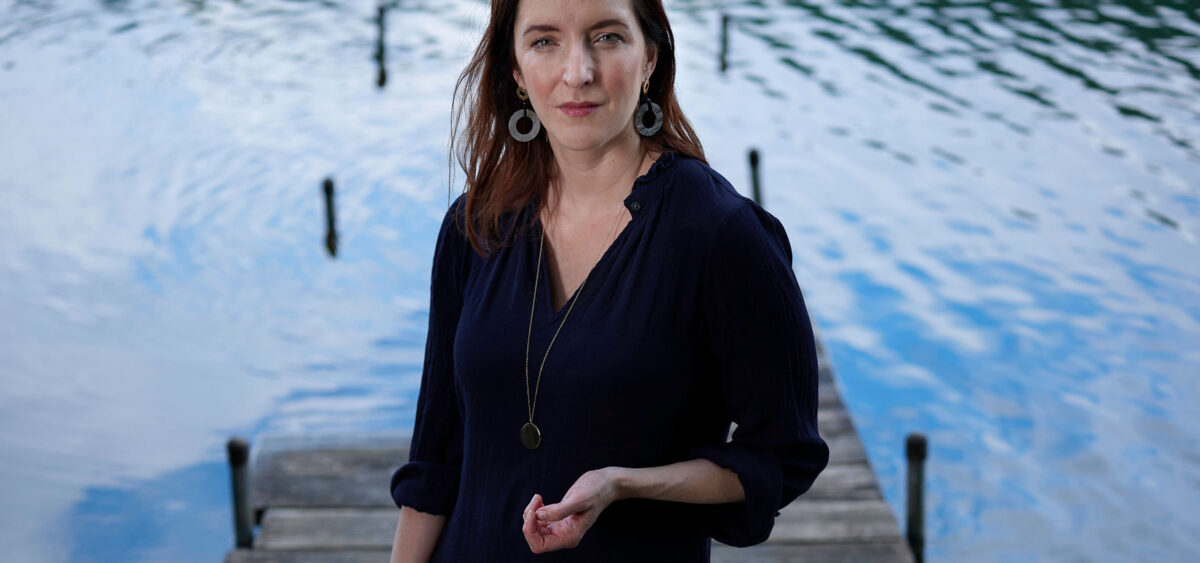
Rebbeca Makkai talks about why she set her novel “The Great Believers” in Chicago, who she wrote the book for (and against), and the injustices of the AIDS epidemic.
Paulina Małochleb: Chicago doesn’t have the aura of an artistic city. Why did you decide to set your book there?
Rebbeca Makkai: Chicago is actually a major artistic centre! The Art Institute of Chicago is easily one of the best two art museums in the country; there’s a long and vital literary tradition, including the very important Poetry magazine – and I’m always telling people that it’s the best American city for working artists and writers right now. I’ve lived here most of my life, and in part I wanted to set The Great Believers here because I was writing outside my lived experience in so many ways, but I know Chicago intimately and could write about it with great authority. When we tell stories about AIDS in the US, they’re almost always focused on coastal cities. As a writer, it’s of course much more compelling to do something that hasn’t been done before; that isn’t the first thing people would think of. Although I lived in Chicago in the 1980s, I was a child then and I really didn’t know much about Chicago’s unique AIDS history. That was a learning curve, and it was something I had to research intensively. Each city’s AIDS story is different, because of culture, the governmental response, and just plain circumstance. AIDS hit Chicago a year or two later than it hit the coasts, for instance, and that made a lot of difference in the ways people were able to organize and respond.
Do you think the AIDS epidemic is well presented in literature? Which books are the most important





